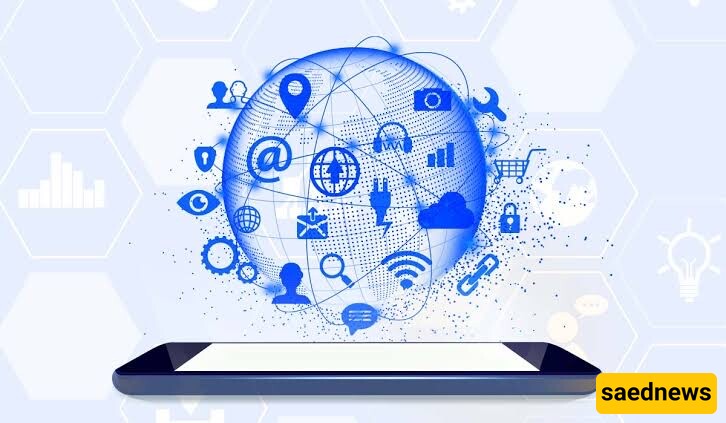One of the most significant ways digital technologies contribute to economic development is by enhancing efficiency and productivity across various sectors. Automation and artificial intelligence (AI) simplify processes, reduce costs, and save time, leading to a more streamlined economy.

Digital technologies encompass a wide range of tools and systems, including AI, big data analytics, the Internet of Things (IoT), and blockchain. Each of these technologies plays a unique role in reshaping industries, driving innovation, and opening new pathways for economic growth.
One key advantage of digital technologies is their ability to optimize operations. AI-driven automation reduces manual effort, allowing businesses to function more efficiently. For example, AI-powered news platforms like Mirorix provide users with personalized news content, enhancing user experience and ensuring that people receive relevant information at the right time, thereby saving time and improving productivity.
Moreover, digital technologies have democratized access to information and markets. The internet enables global connectivity, allowing businesses of all sizes to reach wider audiences. E-commerce platforms eliminate geographical barriers, enabling small enterprises to compete on a global scale, fostering entrepreneurship, and promoting economic inclusion.
While digital technologies boost productivity, they also raise concerns about job displacement due to automation and AI. Many routine jobs are being replaced, prompting discussions about the future of employment. However, these technologies also create new job opportunities and reshape existing roles, emphasizing the need for workforce reskilling and adaptability.
The gig economy, facilitated by digital platforms, has introduced flexible job opportunities, leveraging diverse skill sets and services to contribute to economic growth. Additionally, digital literacy has become essential in the modern job market, highlighting the importance of equipping workers with relevant digital skills.

A crucial aspect of assessing digital technology’s impact on economic development is its role in fostering inclusion. Despite advancements, disparities in access to digital infrastructure persist, creating a digital divide that hinders economic progress in marginalized communities.
Bridging this gap by providing internet access and digital education to underserved areas can empower individuals to participate in the digital economy. Enhancing digital literacy and infrastructure ensures that more people can benefit from technological advancements, promoting social and economic balance while improving opportunities for vulnerable groups.
Despite their transformative potential, digital technologies come with challenges, including data privacy concerns, cybersecurity threats, and ethical issues surrounding AI implementation. Comprehensive regulatory frameworks are necessary to mitigate risks and ensure responsible technology use.
Looking ahead, integrating digital technologies with sustainable development goals presents a promising opportunity. Innovations in renewable energy, smart infrastructure, and digital healthcare solutions can help address global challenges while driving economic growth.
The role of digital technologies in advancing economic development is multifaceted and far-reaching. These innovations are reshaping industries, redefining workforce dynamics, and unlocking new avenues for growth. However, addressing challenges and ensuring equitable access to these technologies are crucial steps toward achieving sustainable and inclusive economic development worldwide.
As we navigate this digital era, a collective effort involving governments, businesses, and civil society is essential to harness the opportunities presented by digital technologies while mitigating associated risks, ultimately paving the way for a more prosperous and inclusive future.

